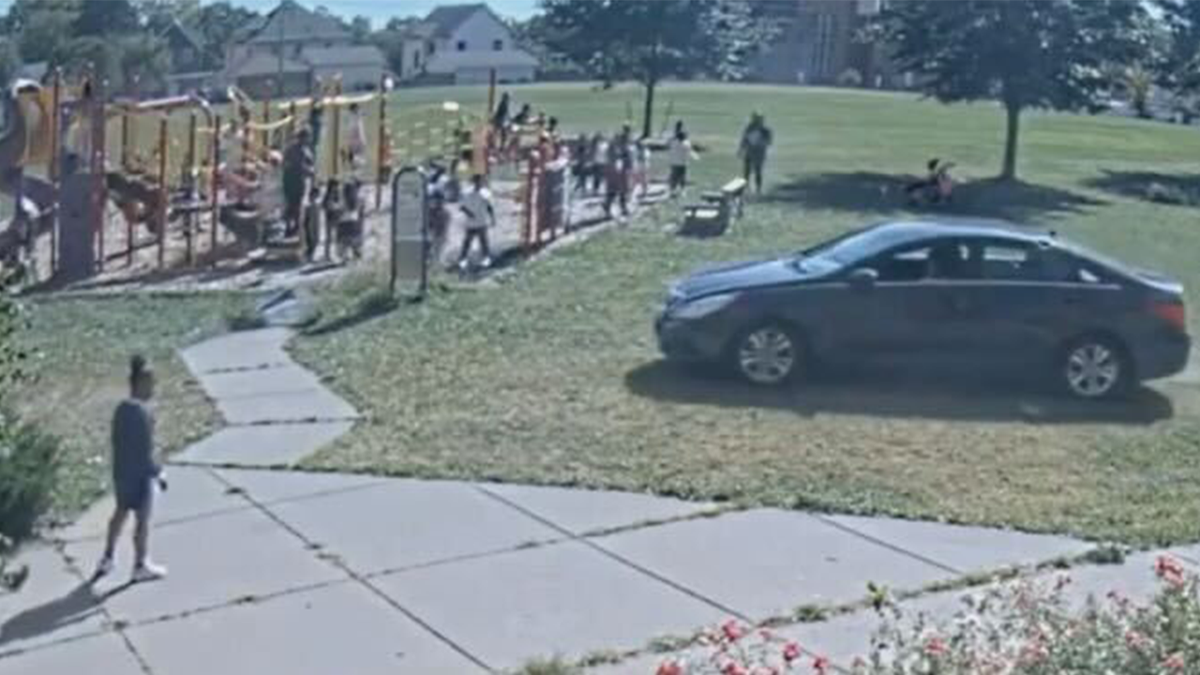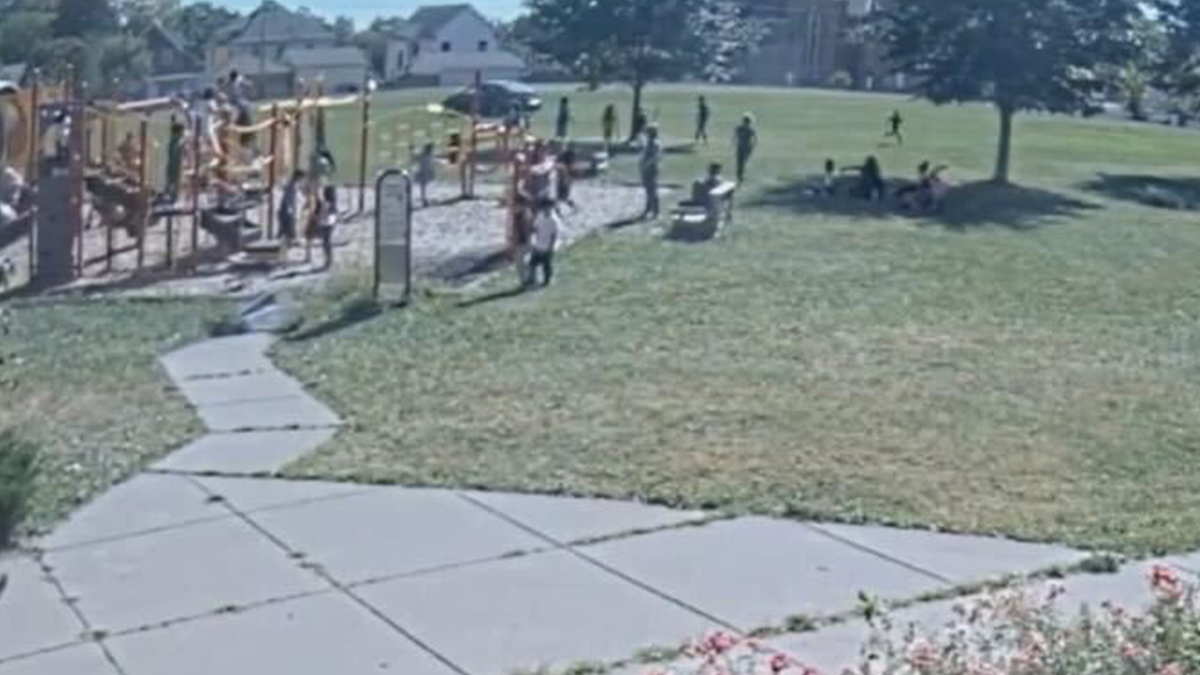10-Year-Old Boy Detained After Reckless Car Theft Near Playground
A 10-year-old boy was arrested in Minneapolis, Minnesota, after allegedly stealing a car and driving recklessly near a school playground, where he nearly hit other children who were playing.
Minneapolis Police Chief Brian O’Hara confirmed on Friday that the incident occurred on September 20 at the playground close to Nellie Stone Johnson School, as reported by Fox 9.
Disturbing Footage and Urgent Revelations
Surveillance cameras captured unsettling footage of the boy driving the stolen vehicle back and forth behind the playground. The alarming sight escalated as he drove onto the sidewalk mere feet away from children at play. Fortunately, no one was harmed, as affirmed by O’Hara. This incident raises numerous questions about safety, accountability, and the societal structures that are meant to protect the most vulnerable.
Identified as the driver, the young boy was arrested and booked into the Hennepin County Juvenile Detention Center on probable cause of second-degree assault. Only a stone’s throw away from laughter and joyful shouts, such reckless behavior underscores an unsettling reality that disrupts innocence.
According to the Hennepin County Attorney’s Office, charges have been filed in this disconcerting case. The boy has been charged with reckless driving and receiving stolen property, illustrating not just an isolated incident but perhaps a troubling cycle of behavior.
The Complexity of Juvenile Justice
The intricacies of the law surface significantly in cases involving minors. The attorney’s office stated that a person cannot face prosecution if they are deemed incapable of assisting their lawyers or understanding legal proceedings. This points to a deeper issue where children, despite their actions, need compassionate and constructive intervention.
To determine competency, a court-appointed psychologist will evaluate the child and provide insights to the presiding judge, who ultimately decides the course of action. If found incompetent, the child could be released, potentially leading to either the dismissal or suspension of the case.

The urgency of this situation does not go unnoticed. The attorney’s office expressed concern over a pressing crisis in the community—children who are not competent to stand trial but are also not safe at home. Community leaders stress the need for safe placements with appropriate resources to support young people with complex needs, urging immediate action.
This boy’s history further complicates the narrative. Having been involved in car theft previously, with at least two other incidents linked to him, he has also entered the radar in more than a dozen other cases. His criminal record, believed to extend back to May 2023, reflects a troubling string of incidents, most of which involve running away. The chilling reality is that he and others like him may spiral further into dangerous behavior without systemic support.

In a separate incident from August, the boy confronted a victim armed with a knife, threatening her with violence as he attempted to steal her car. The gravity of such actions at such a young age prompts a collective reflection on community responsibilities. This cannot simply be viewed through the lens of the judicial system; the overarching societal structure plays a pivotal role in shaping the futures of children.
“It is hard to fathom that a 10-year-old boy has reached this level of criminal activity without effective intervention,” O’Hara stated. As adults, the responsibility rests on society to steer these youths towards positive pathways. Community engagement is critical; this boy is just one of many who face a revolving door of arrests. Left unaddressed, such cyclical patterns will persist, ultimately affecting not just the individuals involved, but the community as a whole.
The discomfort surrounding this case echoes far beyond the immediate incident. This unfolding story is a stark reminder that children are not merely products of their environment but also reflections of the systems—or lack thereof—that are designed to protect and nurture their development. Action is required now, more than ever, to change the trajectory for boys like him, and to ensure that no other child has to navigate such harrowing circumstances.
